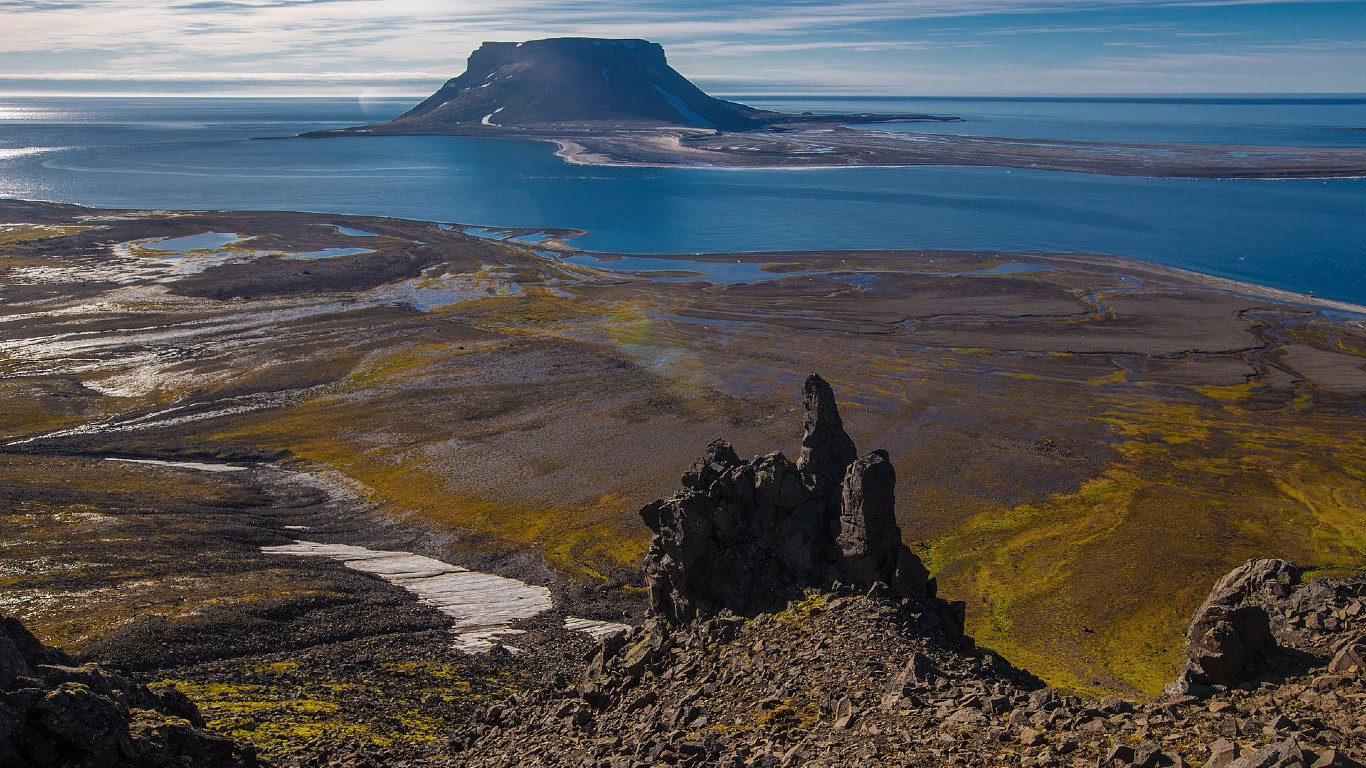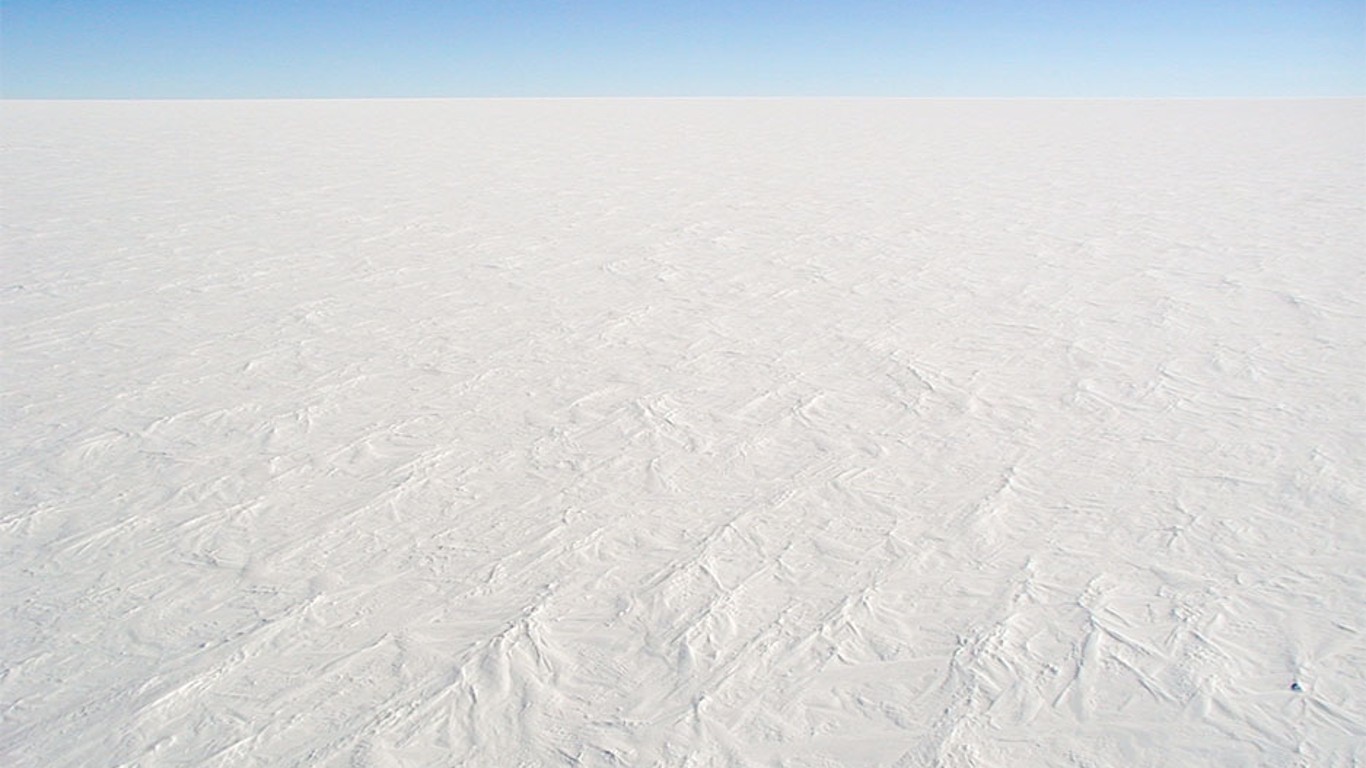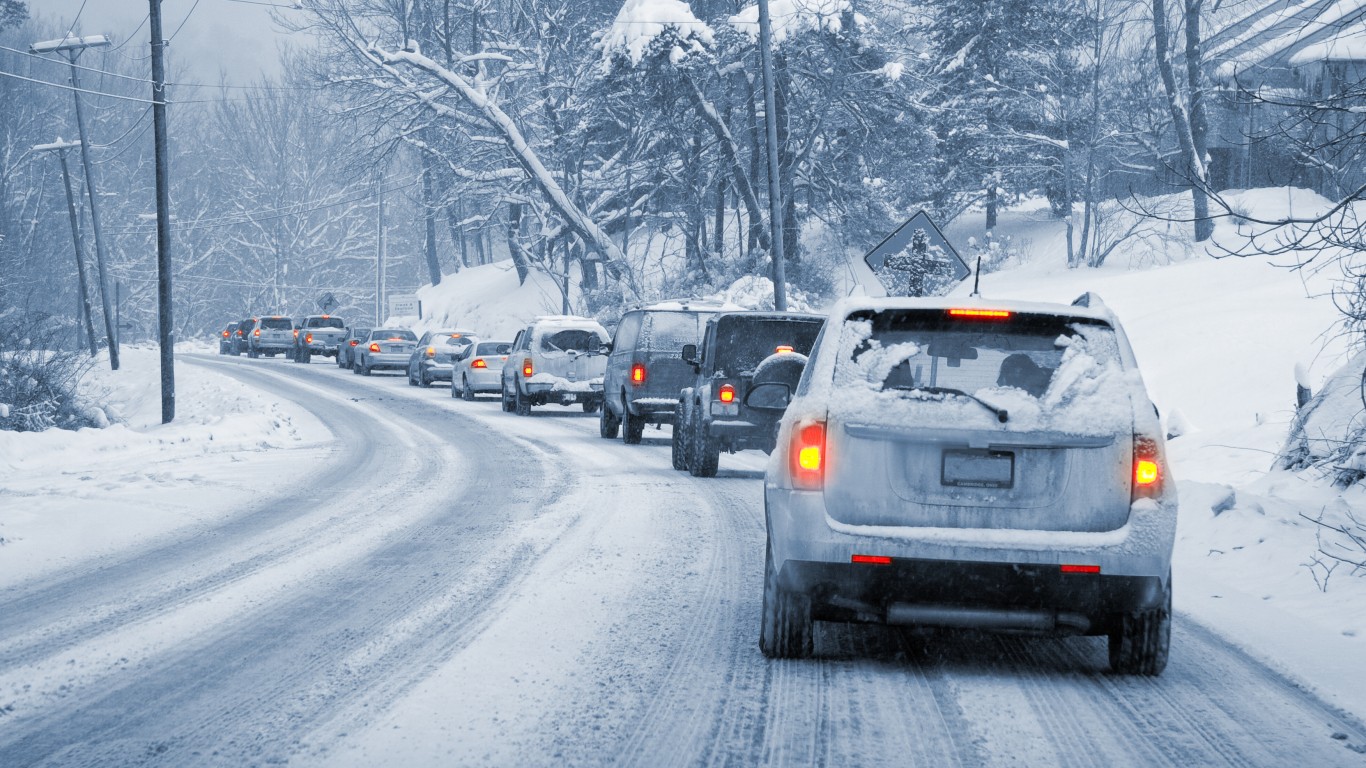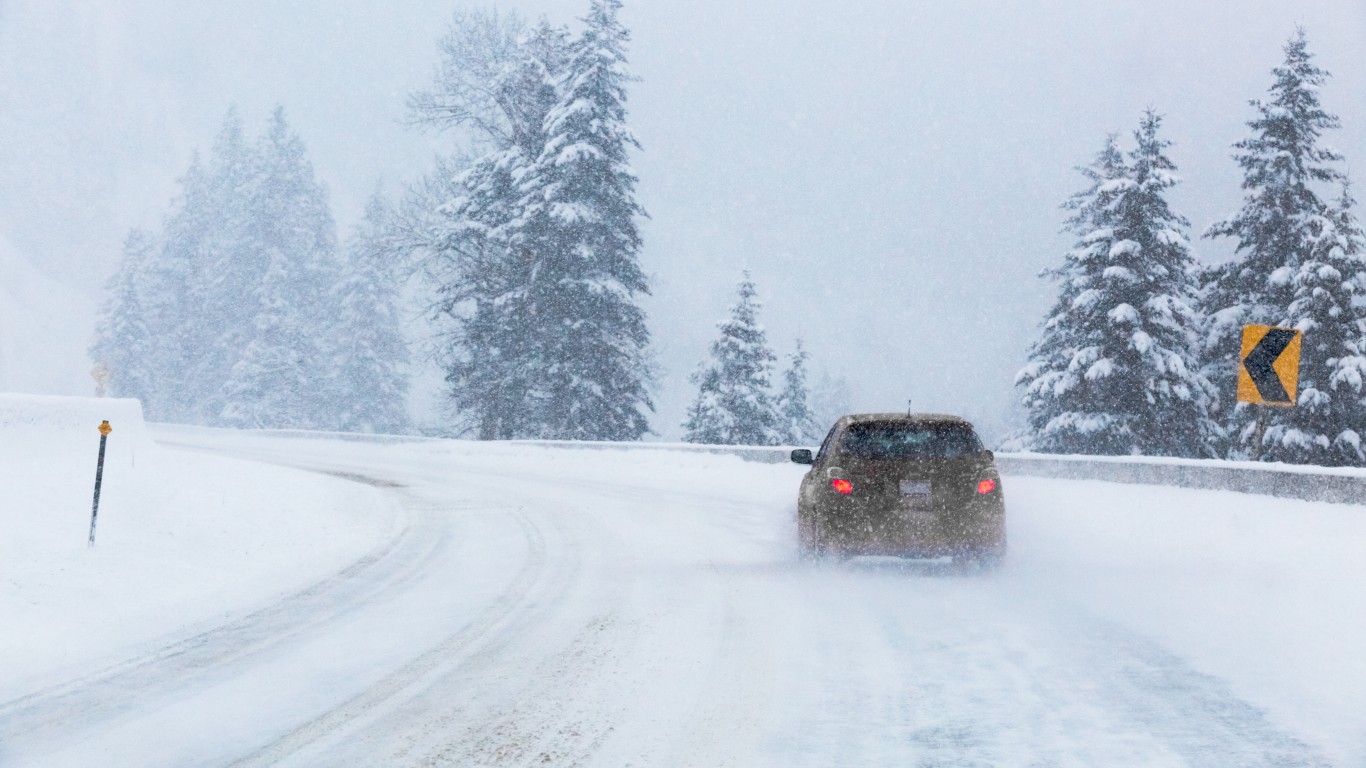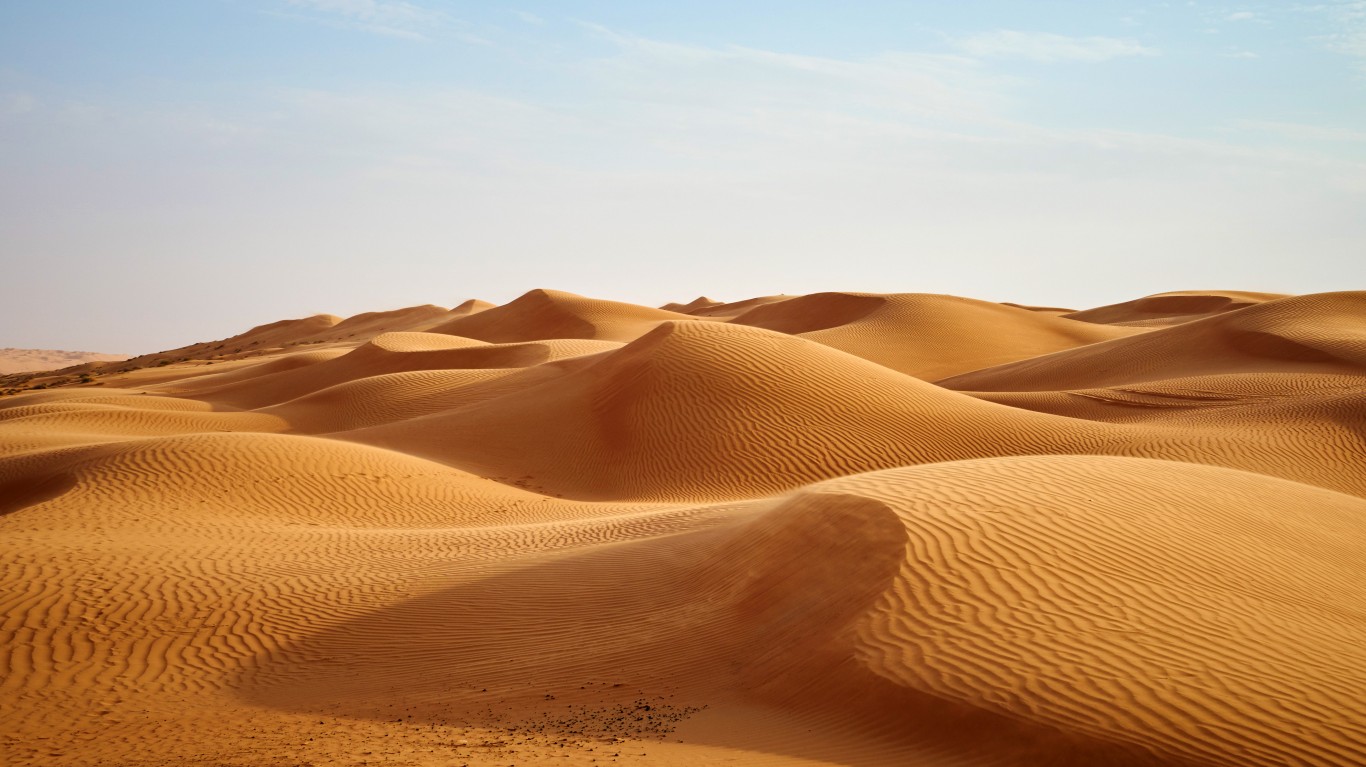
Earth contains a sizable amount of desert. While only 29% of our planet’s surface is composed of land, a third of that land exists in a state of moisture deficit – the condition that defines a desert. Any place that generally receives less than 10 inches of rain per year or that receives less precipitation than it gives up through evaporation is considered a desert. (These are the driest places on Earth.)
To compile a list of the largest deserts in the world, 24/7 Tempo reviewed information on Geology.com, a website devoted to geoscience. Deserts in all four different categories – subtropical, cold winter, cool coastal, and polar – were included.
Subtropical deserts, found on either side of the Tropic of Cancer and Tropic of Capricorn, are the hottest kind, the ones we picture when we think of deserts; cold winter deserts (also called semi-arid deserts) have long, dry summers and cold, dry winters; cool coastal deserts, those on the west coasts of continents between 20º and 30º latitude, are defined by winters that are cool but not frigid and warm summers. polar deserts are very cold and dry, with a high mean temperature of less than 10º C (50º F) and a low mean temperature of around -30º C (-22º F).
Click here to see the world’s largest deserts
One characteristic of all deserts is a relative lack of vegetation. While some, such as the Sonoran, can support a wide variety of cacti and other shrubs, these plants provide only a modicum of ground cover. Drier deserts, including Chile’s coastal Atacama Desert – the driest place on Earth – contain large swaths of completely barren sand and rock. (Despite being barren, deserts still contain some of the 50 natural wonders everyone should see at least once.)
Although the iconic desert is hot and sandy like the African Sahara, only about 20% of deserts are actually covered in sand. Many consist of rock or mountains, and there are, of course, ice deserts as well. In fact, the two biggest deserts on earth are largely covered in ice and snow – the largest of them being the continent of Antarctica, which covers 5.5 million square miles and gets only about two inches of rain a year.
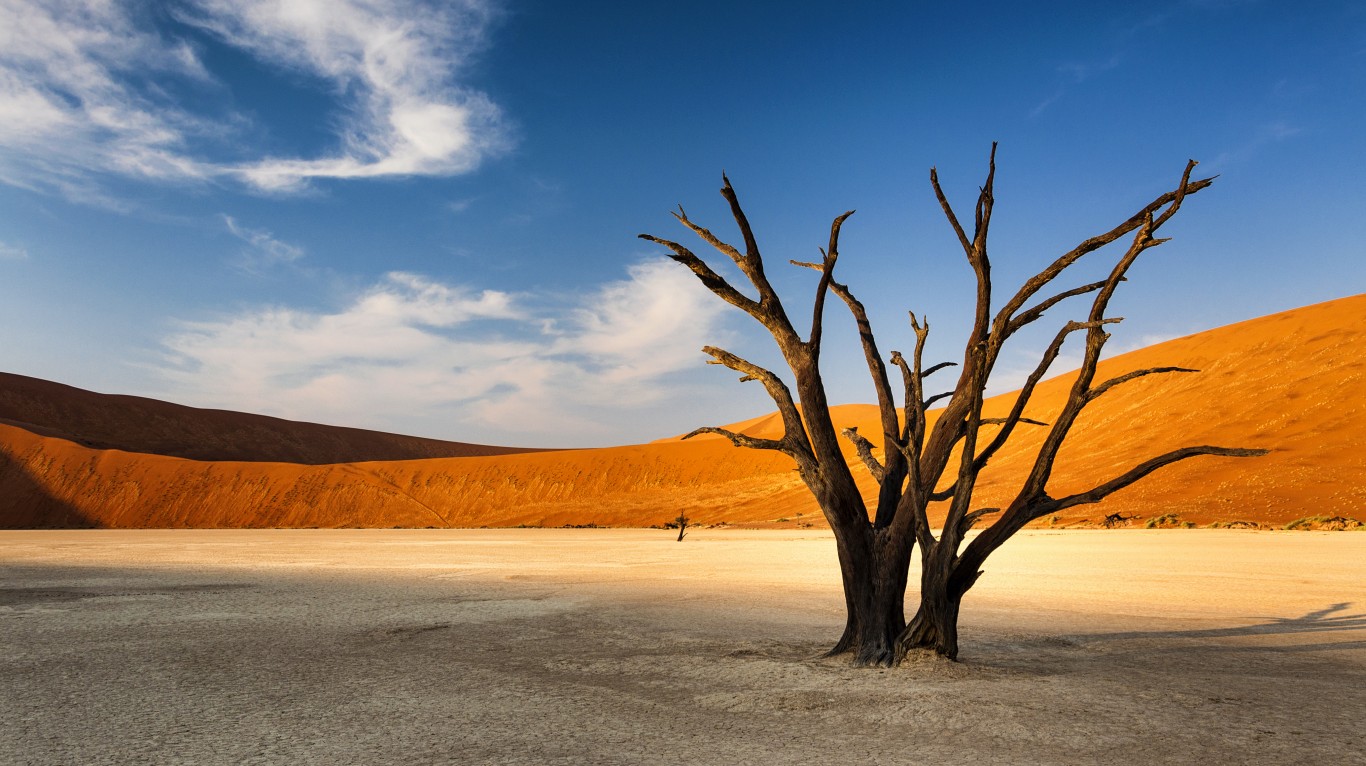
24. Namib
> Surface area: 13,000 sq mi
> Location: Angola, Namibia, South Africa
> Type of desert: Cool coastal
[in-text-ad]
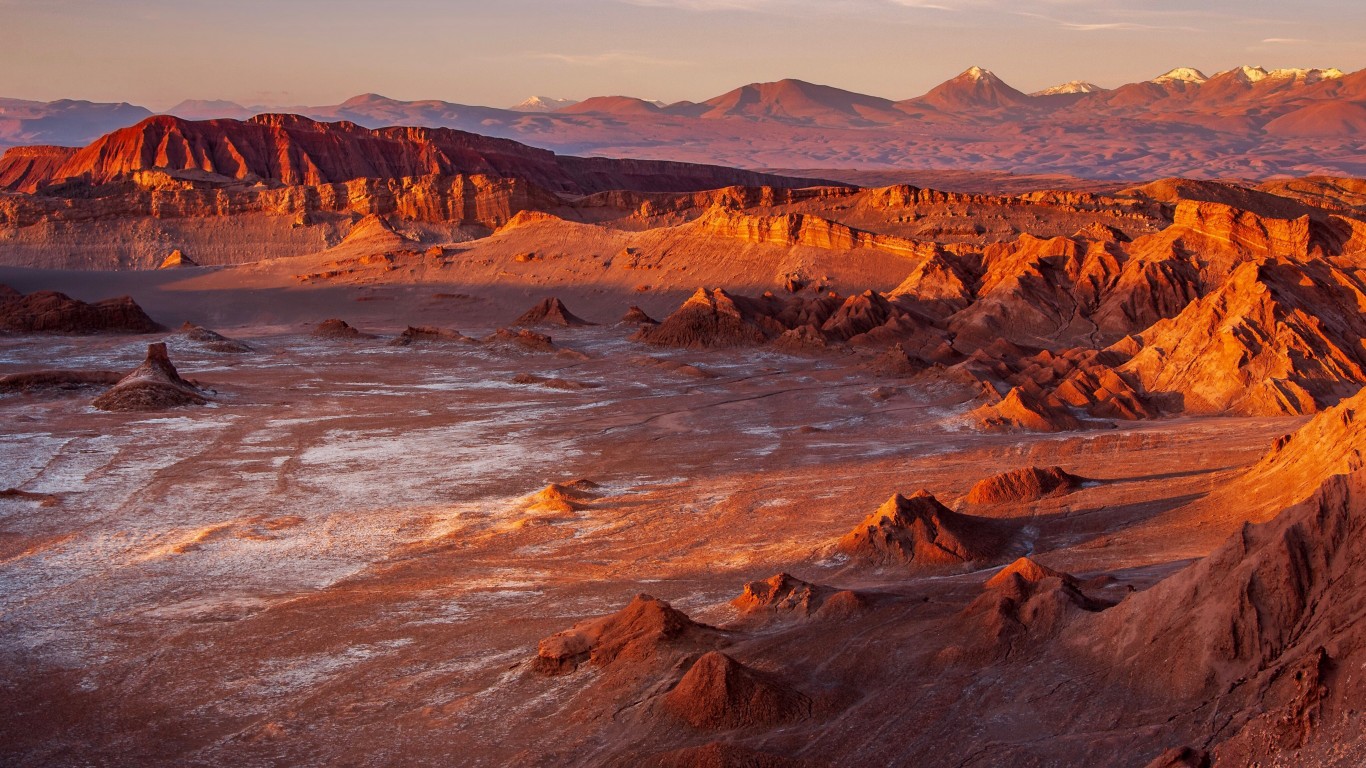
23. Atacama
> Surface area: 54,000 sq mi
> Location: Chile
> Type of desert: Cool coastal

22. Mojave
> Surface area: 54,000 sq mi
> Location: United States
> Type of desert: Subtropical

21. Simpson
> Surface area: 56,000 sq mi
> Location: Australia
> Type of desert: Subtropical
[in-text-ad-2]

20. Thar
> Surface area: 75,000 sq mi
> Location: India, Pakistan
> Type of desert: Subtropical
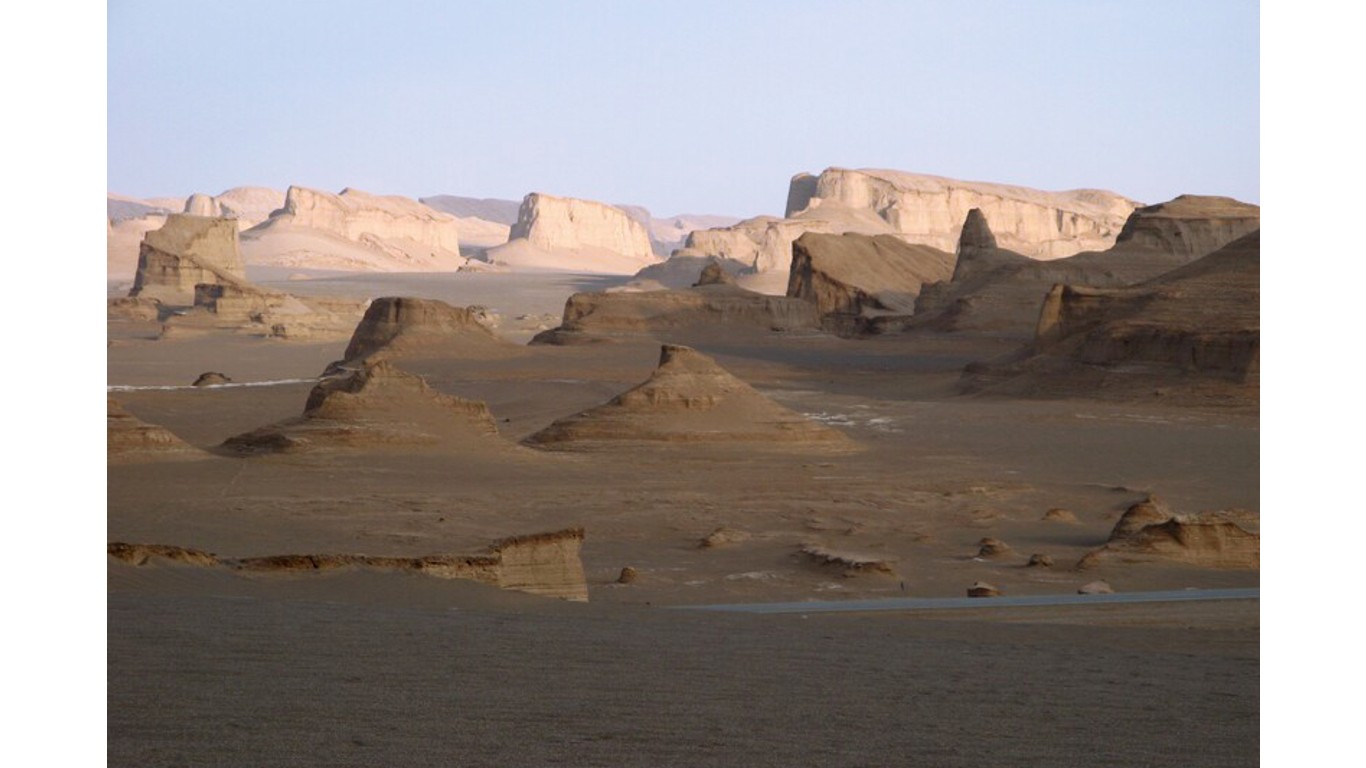
19. Iranian
> Surface area: 100,000 sq mi
> Location: Iran
> Type of desert: Cold winter
[in-text-ad]
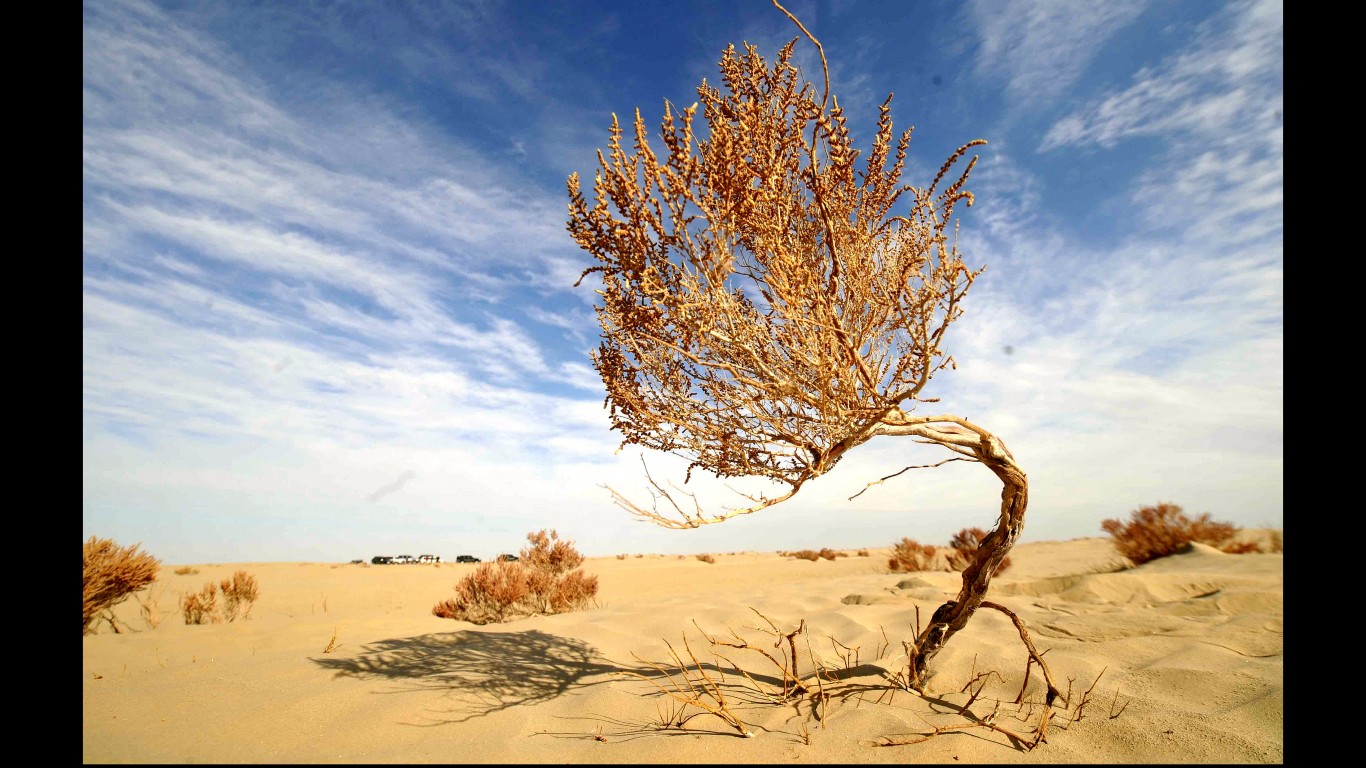
18. Taklamakan
> Surface area: 105,000 sq mi
> Location: China
> Type of desert: Cold winter
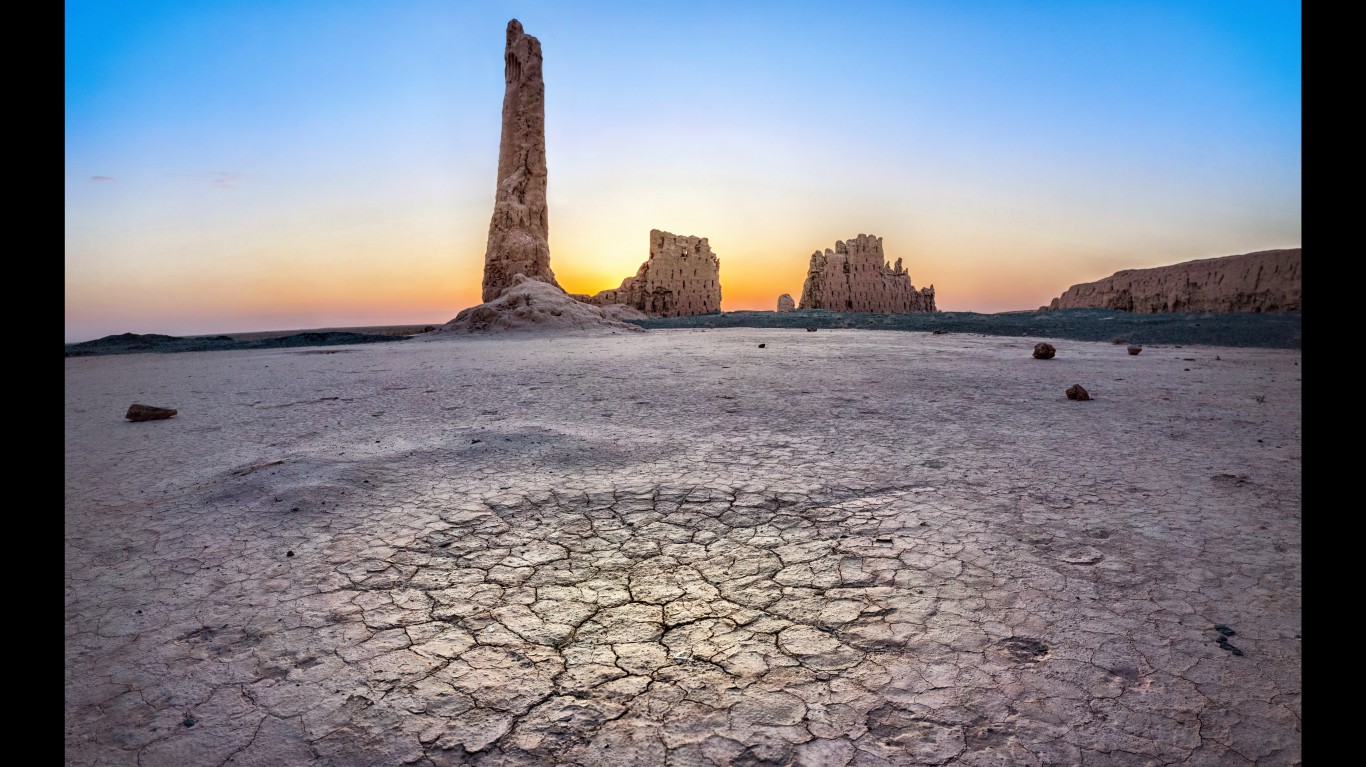
17. Kyzylkum
> Surface area: 115,000 sq mi
> Location: Uzbekistan, Turkmenistan, Kazakhstan
> Type of desert: Cold winter
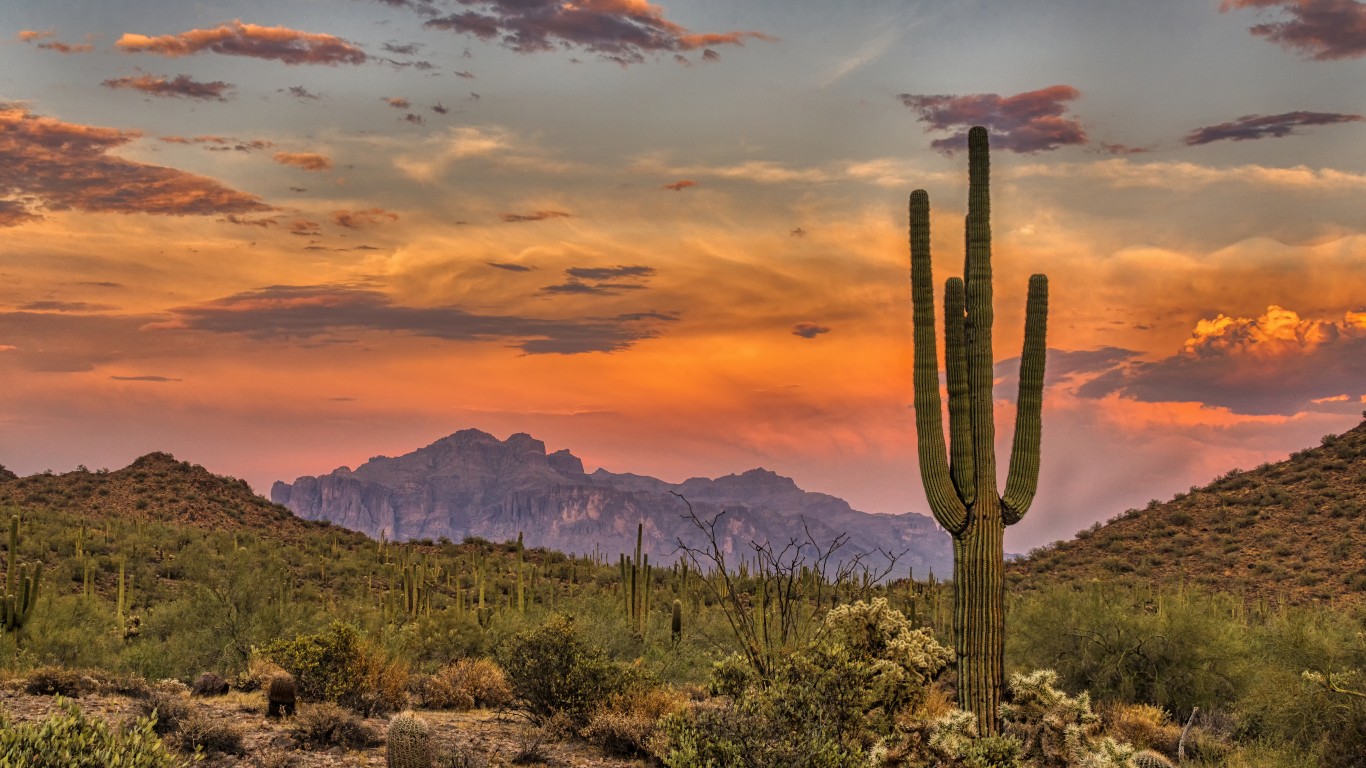
16. Sonoran
> Surface area: 120,000 sq mi
> Location: United States, Mexico
> Type of desert: Subtropical
[in-text-ad-2]
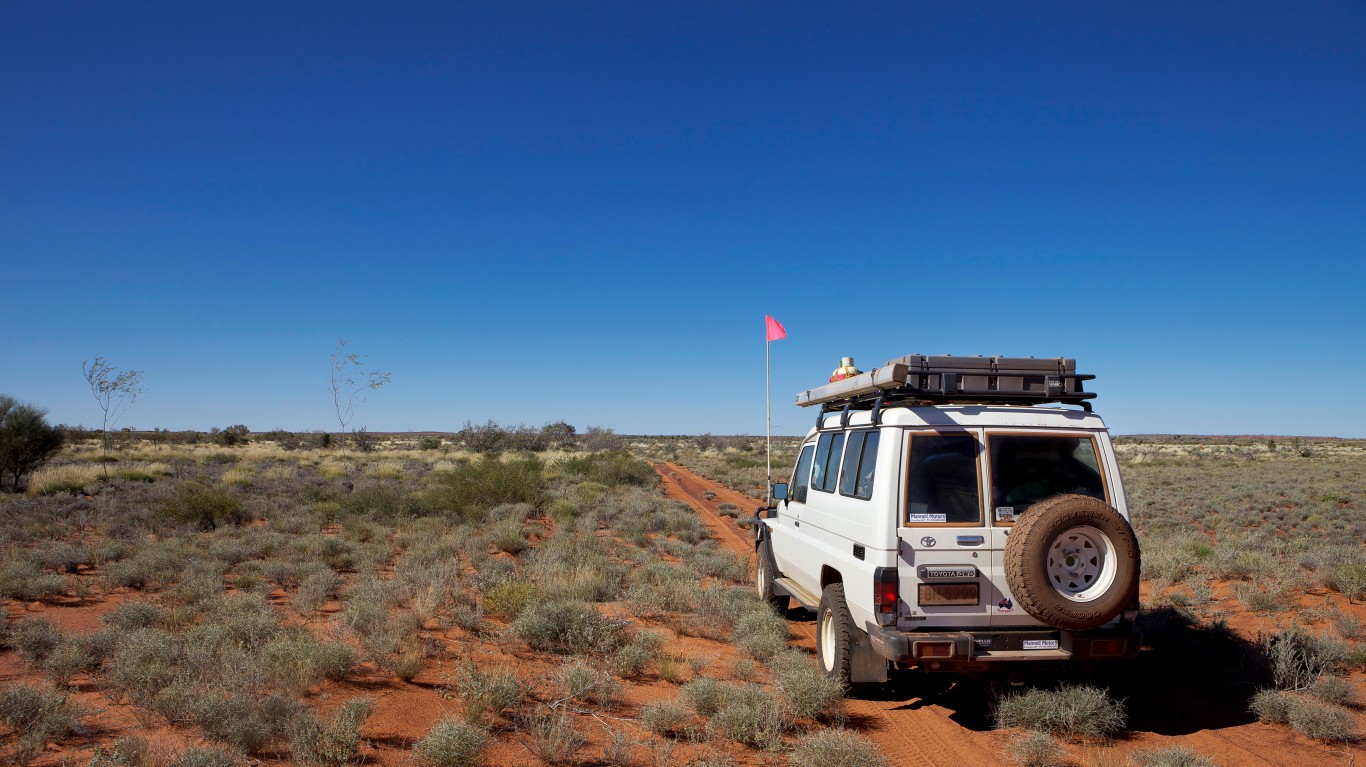
15. Gibson
> Surface area: 120,000 sq mi
> Location: Australia
> Type of desert: Subtropical

14. Colorado Plateau
> Surface area: 130,000 sq mi
> Location: United States
> Type of desert: Cold winter
[in-text-ad]
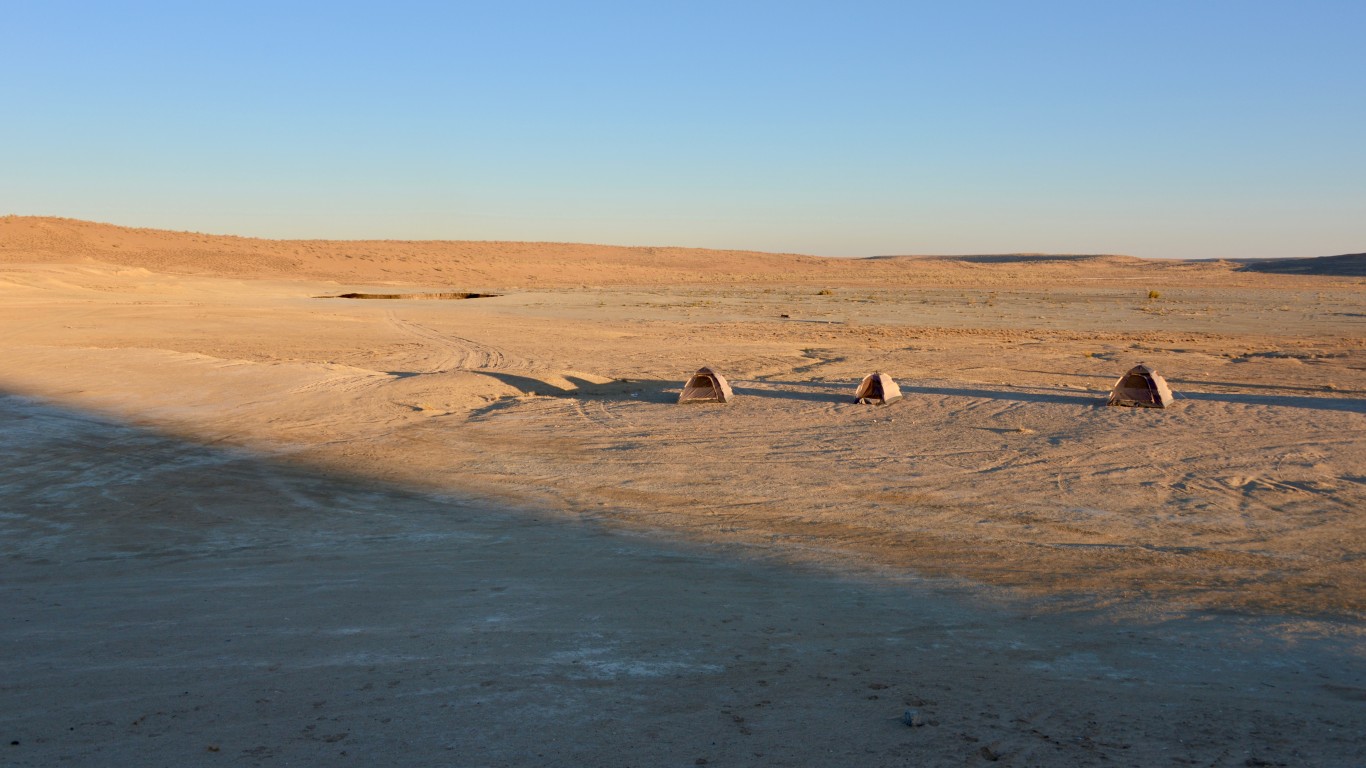
13. Karakum
> Surface area: 135,000 sq mi
> Location: Uzbekistan, Turkmenistan
> Type of desert: Cold winter
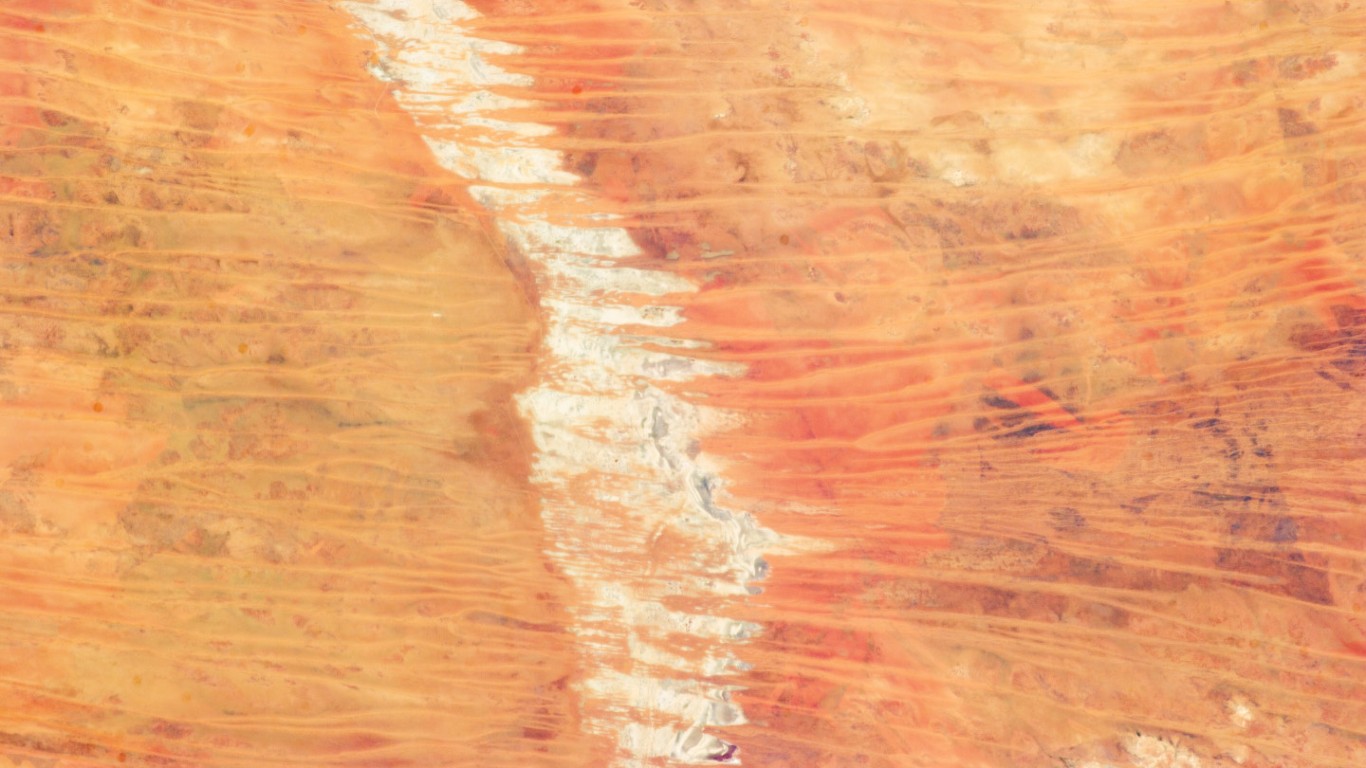
12. Great Sandy
> Surface area: 150,000 sq mi
> Location: Australia
> Type of desert: Subtropical
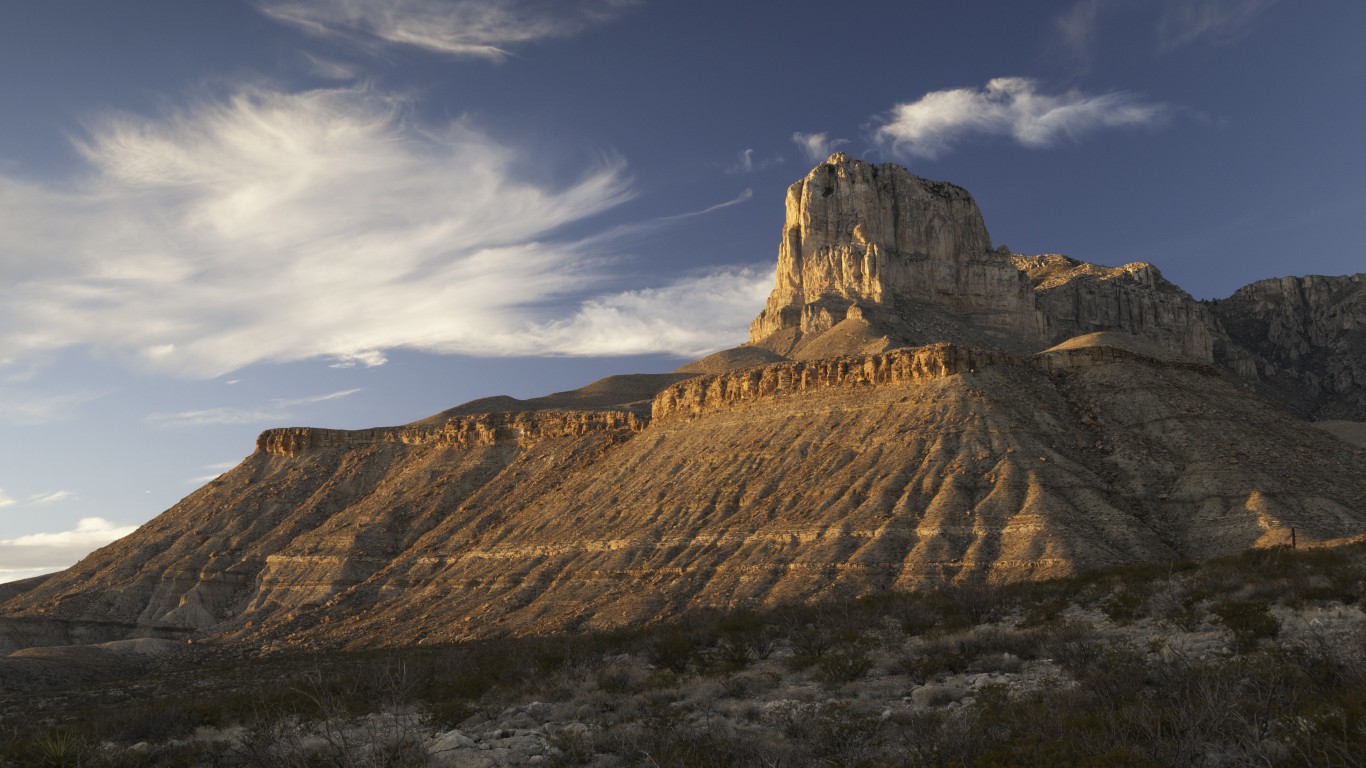
11. Chihuahuan
> Surface area: 175,000 sq mi
> Location: Mexico
> Type of desert: Subtropical
[in-text-ad-2]

10. Syrian
> Surface area: 190,000 sq mi
> Location: Syria, Iraq, Jordan, Saudi Arabia
> Type of desert: Subtropical

9. Great Basin
> Surface area: 190,000 sq mi
> Location: United States
> Type of desert: Cold winter
[in-text-ad]

8. Kalahari
> Surface area: 220,000 sq mi
> Location: South Africa, Botswana, Namibia
> Type of desert: Subtropical
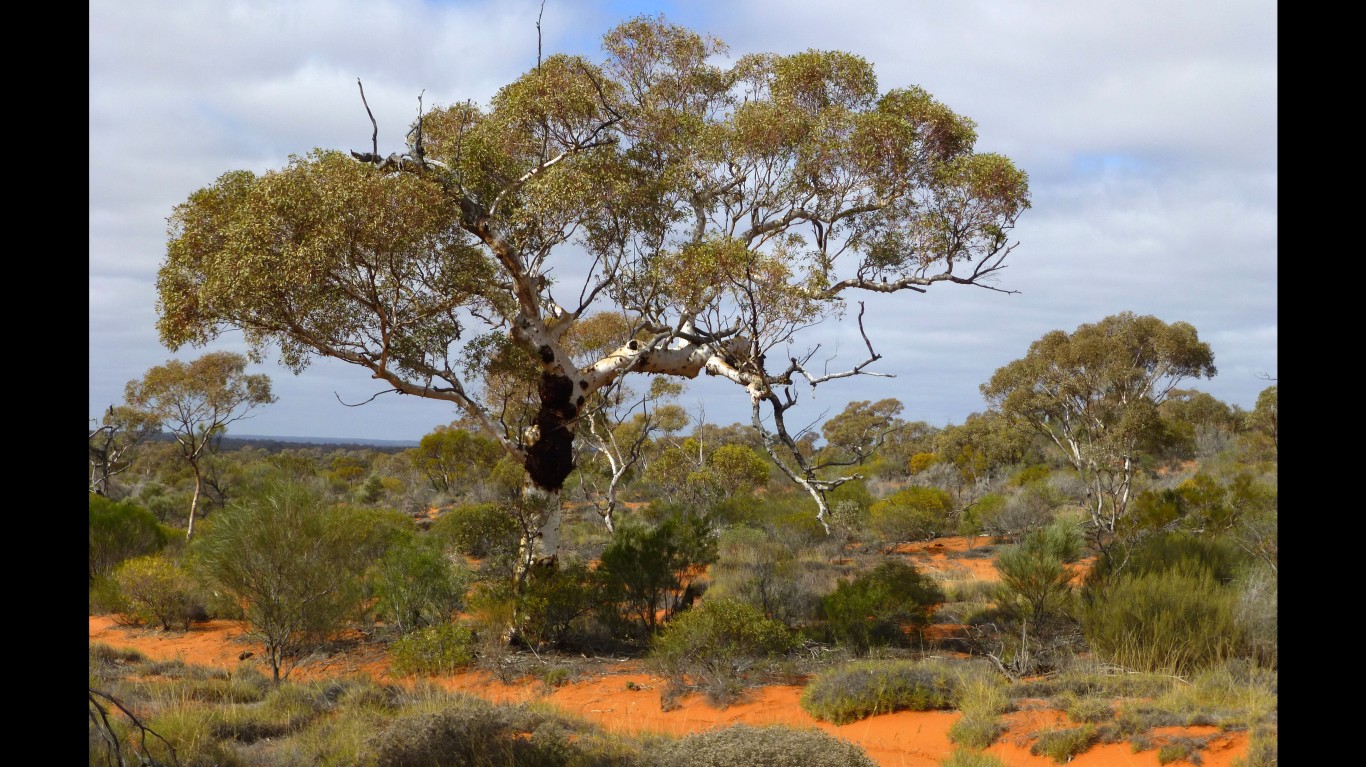
7. Great Victoria
> Surface area: 250,000 sq mi
> Location: Australia
> Type of desert: Subtropical

6. Patagonian
> Surface area: 260,000 sq mi
> Location: Argentina
> Type of desert: Cold winter
[in-text-ad-2]

5. Gobi
> Surface area: 500,000 sq mi
> Location: China and Mongolia
> Type of desert: Cold winter
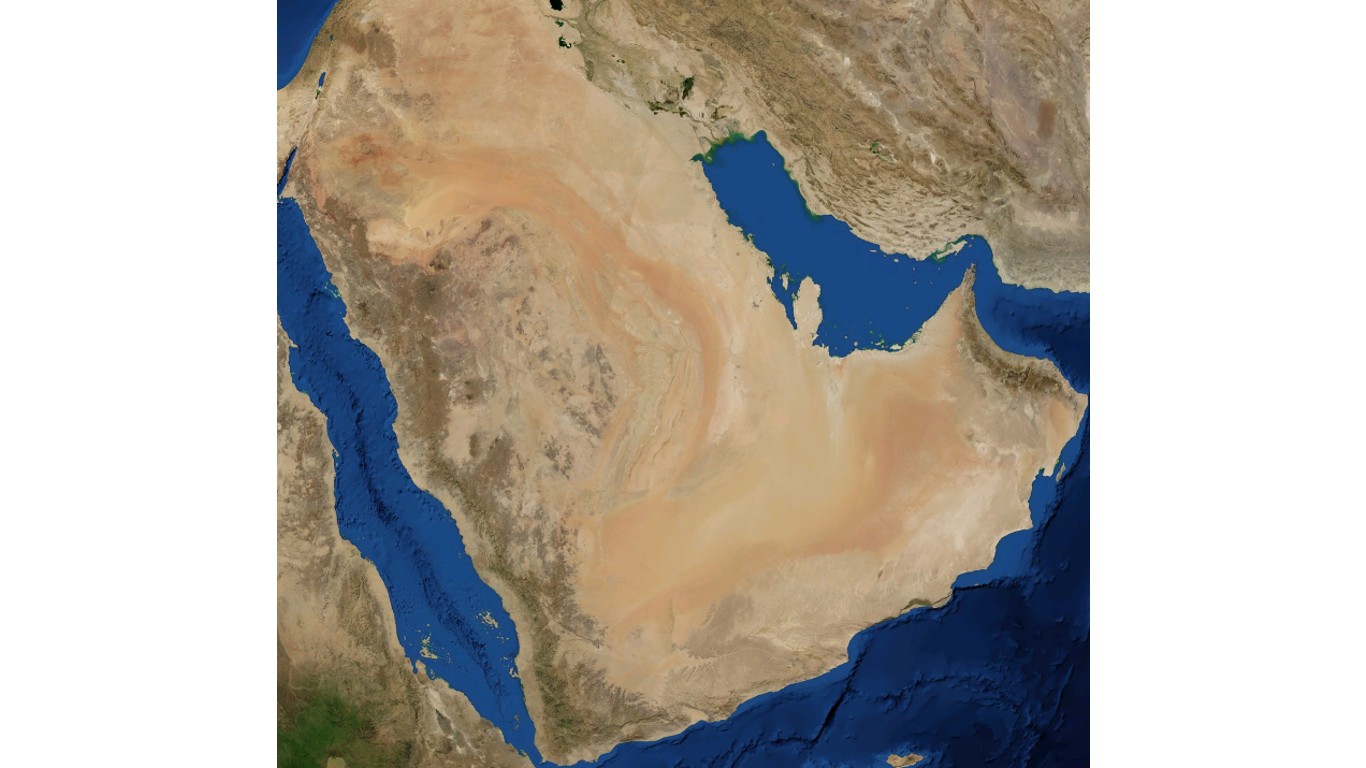
4. Arabian
> Surface area: 1 million sq mi
> Location: Arabian Peninsula
> Type of desert: Subtropical
[in-text-ad]

3. Sahara
> Surface area: 3.5 million sq mi
> Location: Northern Africa
> Type of desert: Subtropical
2. Arctic
> Surface area: 5.4 million sq mi
> Location: Alaska, Canada, Greenland, Iceland, Norway, Sweden, Finland, Russia
> Type of desert: Polar
1. Antarctic
> Surface area: 5.5 million sq mi
> Location: Antarctica
> Type of desert: Polar
Thank you for reading! Have some feedback for us?
Contact the 24/7 Wall St. editorial team.
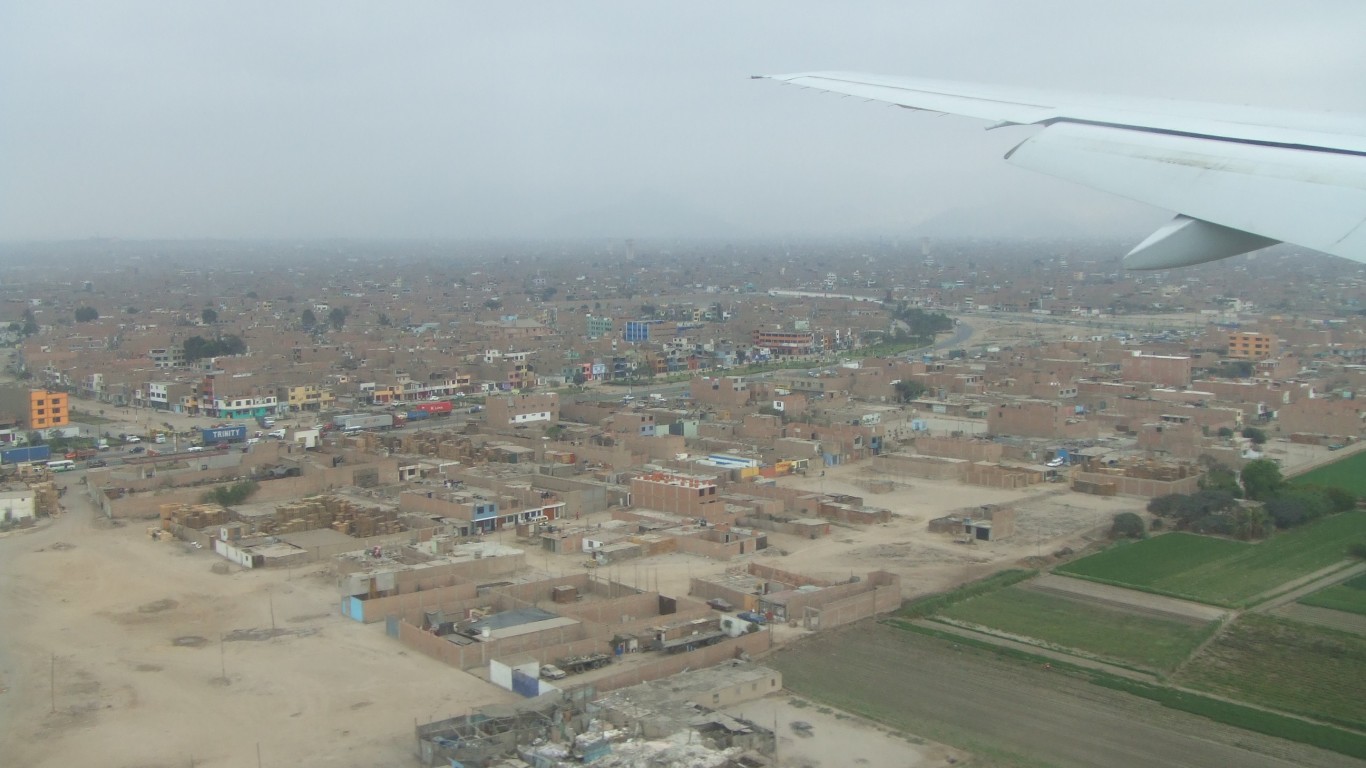 24/7 Wall St.
24/7 Wall St.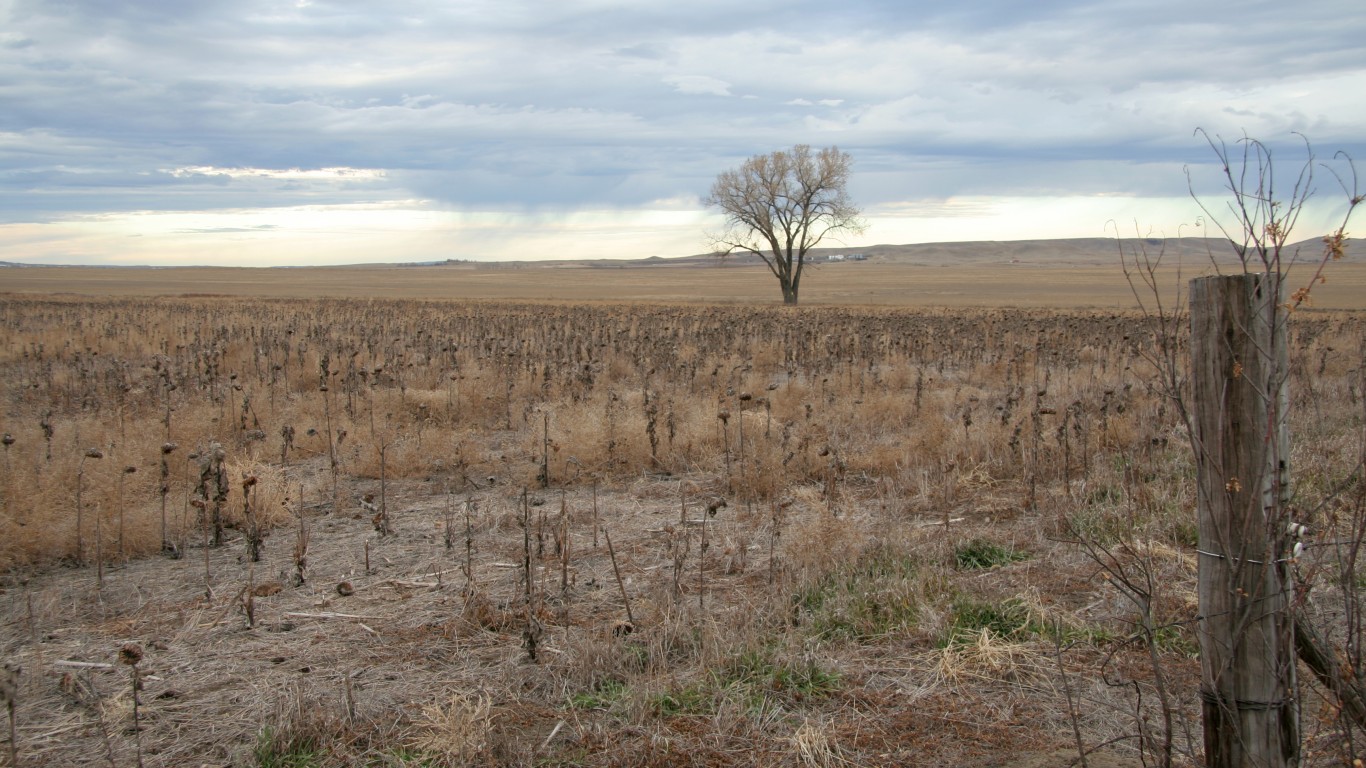 24/7 Wall St.
24/7 Wall St.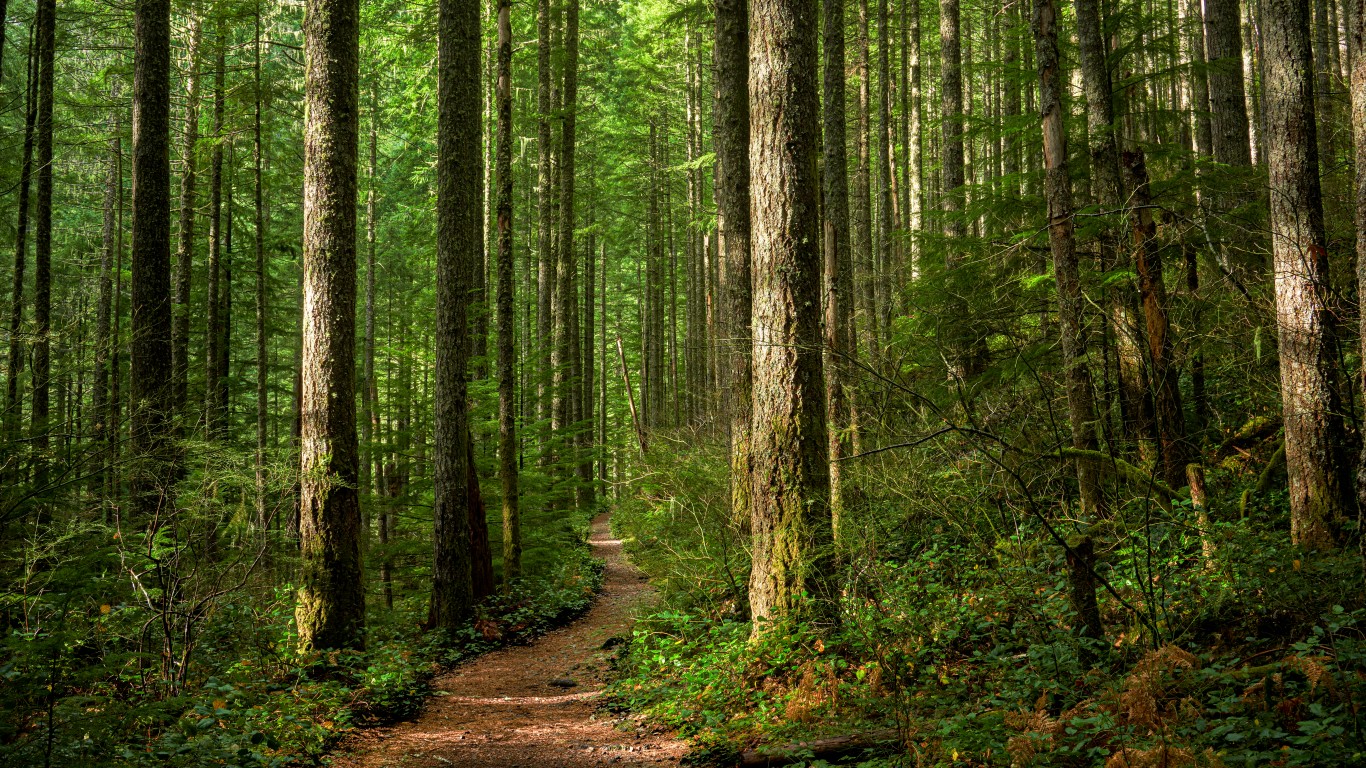 24/7 Wall St.
24/7 Wall St.